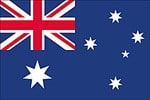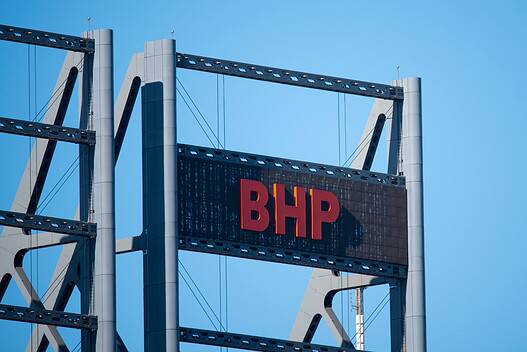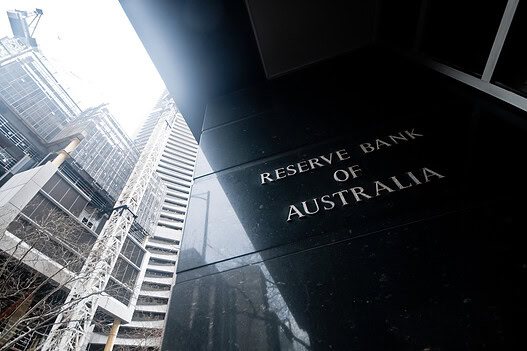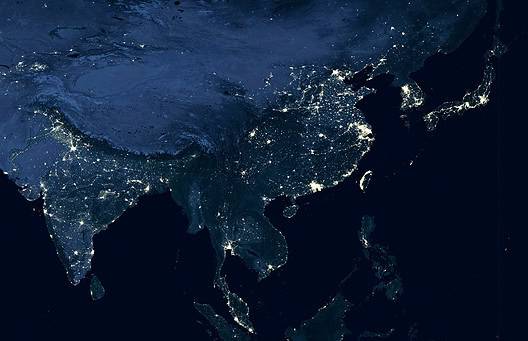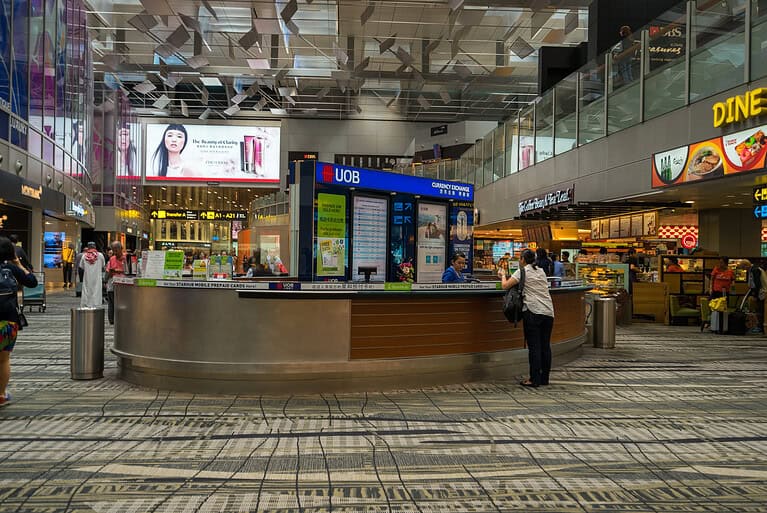Includes historical data for Australia’s Gross Domestic Product growth, debt-to-GDP ratio and more, as well as information on trade, banking and financial sector leadership.
Prosperity Driven By Proximity To Asian Economies
The Australian economy thrives on open-market principles, a strong commitment to the rule of law and transparent regulations. With free-trade agreements in place with all major global partners and supported by a modern banking system, Australia welcomes foreign investment and maintains a competitive edge particularly in the financial services, technology and high-value-added manufacturing sectors. In line with its net-zero emissions objectives, Australia also encourages clean technology initiatives. Furthermore, Australia’s strategic proximity to fast-growing Asian markets and abundant mineral resources fortify its economic advantage.
Weaknesses include a tight labor market resulting in skill shortages, exposure to commodity price fluctuations, and climate change uncertainties. The economy is also heavily dependent on Chinese demand and suffers from infrastructure deficiencies due to the country’s expansive landmass.
Macroeconomy & Sovereign Data
| Type of Government | Federal parliamentary democracy under a constitutional monarchy; a Commonwealth realm |
|---|---|
| Capital | Canberra |
| Sovereign Ratings |
S&P: BB– Moody’s: Ba3 Fitch: B+ |
| Total Population | 26.9 million |
| Median Age | 37.5 |
| Adult Per Capita Income (PPP) | USD 63,408.51 |
| Total GDP (2023) | USD 1.7 trillion |
Australia GDP & Economic Overview
Most Recent Content
Australia
Banking & Finance
Trade & Investment
| Total Exports | USD 291.1 billion (2022) |
|---|---|
| Leading Exports |
Iron Ore Coal Natural Gas Gold Wheat |
| Total Imports | USD 421.8 billion (2022) |
| Leading Imports |
Refined Petroleum Cars Delivery Trucks Broadcasting Equipment Computers Gold |
| Source: | IMF, CIA The World Factbook |
Australia Leading Companies
| Commonwealth Bank of Australia | Financials |
|---|---|
| Macquarie Group | Financials |
| Westpac Banking Corporation | Financials |
| Rio Tinto | Metals & Mining |
| Woolworths Group | Consumer Staples Distribution & Retail |
| Telstra | Telecommunication Services |
Major Trade Partners — Import
| China | 27.9% |
|---|---|
| United States | 10.2% |
| Japan | 6.0% |
| Thailand | 4.4% |
| Germany | 4.3% |
Major Trade Partners — Export
| China | 34.2% |
|---|---|
| Unspecified | 18.3% |
| Japan | 8.9% |
| South Korea | 6.6% |
| India | 4.0% |
Global Finance Rankings & Awards
Data Sources:
UN World Population Prospects
World Inequality Report
S&P Global Ratings
Moody’s
Fitch Ratings
IMF Direction of Trade Statistics (DOTS)
UN Conference on Trade and Development (UNCTAD)
CIA The World Factbook
World Bank’s World Integrated Trade Solution
Forbes Global 2000
